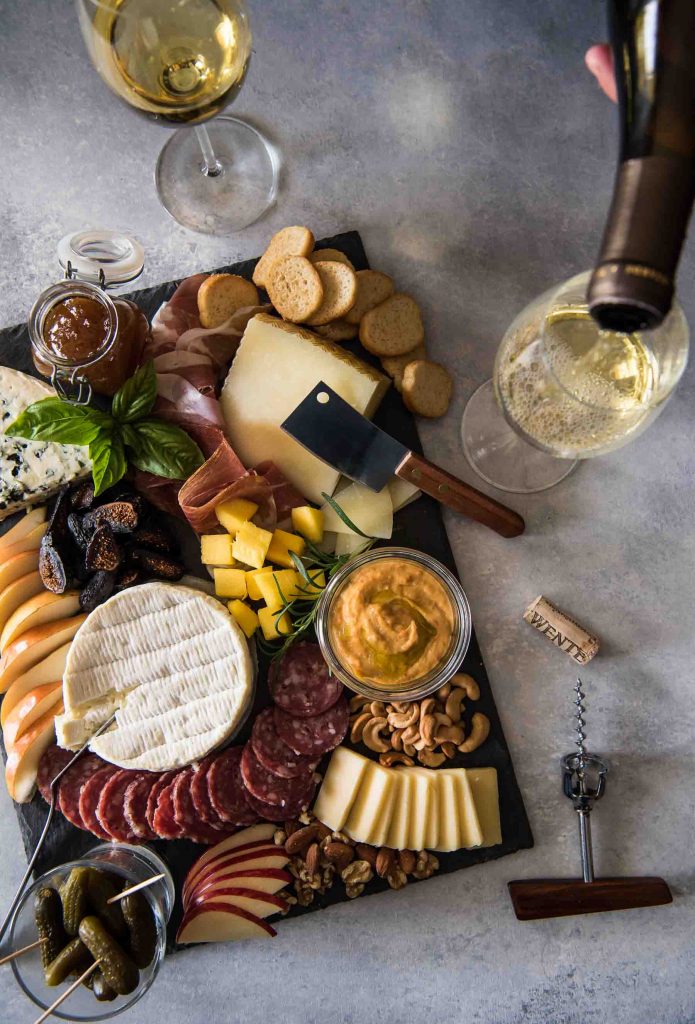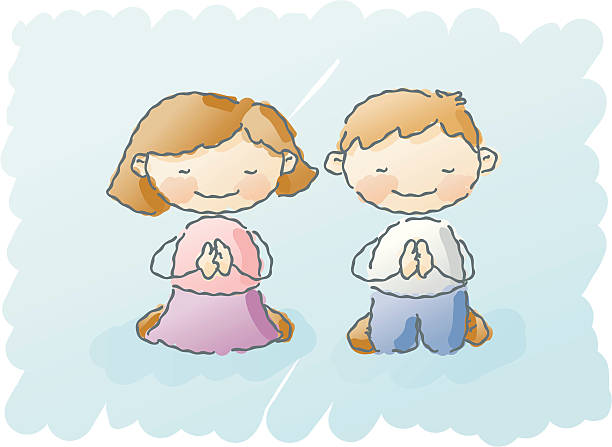
My Journey of Learning French
“Mais d’abord, un verre de vin blanc. C’est parfect!”
For me, French is probably the most difficult language I’ve ever learnt. Of course, I’ve only learnt Chinese and English so far, but one can not deny the complexity of the French grammar. No need to mention you have to consume plenty of cheese and wine in order to fully digest the knowledge … (Now I’ll spare you from reading more of the uninteresting details) … That’s why I think it’s such an almighty challenge! My goal is reaching B2, the upper mediate level, as soon as possible.
Stage 1: Learn the Pronunciation and Experiment
I made the decision in December 2020. My plan is to consistently spend one to three hours each day to achieve a better result than cramming. Experiment is a matter of overstatement. My problem is that I spent too much time in looking for the right learning path. I found the grammar of this language intimidating, and still I do. I don’t know where to start, so before June I pretty much focused the most only on the pronunciation. In fact, pronunciation will always be my first choice, no matter what language I’m trying to learn. It’s a no-brainer. If you don’t know anything about the pronunciation, you won’t be able to do anything including reading, speaking, listening, and even memorising the words.
There are many helpful resources. I’ll put my brief reviews on the column on the right-hand side. I learnt the pronunciation mainly on YouTube. For example, this channel is well structured, beginner-friendly and the host is a Native French lady who speaks good English. You can also find the lessons to teach you how to pronounce the combinations of letters and the rules of silent letters, etc. Also, I paid for the Pimsleur course on my phone. It helps you by directly diving into conversations.
I wasted quite lots of the time. According to my flatmate back to the days at university who was a research masters student in a French related field, French is difficult at the beginning but later on it will be easier because the grammar rules are very well defined. That means I need patience in the learning process.
Useful Tools:
YouTube
- Pros: It’s free. You can find many resources there.
- Cons: There are too many channels. Also there are too many distractions.
Pimsleur
- Pros: Good content and efficient. Straight hop into speaking full sentences starting on day one.
- Cons:
1. Could be difficult for beginners. I feel the supporting material is not enough. I spent lots of time on each lesson.
2. You need to pay.
Dictionary and Google Translate
There is difference between a dictionary and a translator. A dictionary is good tool to learn words. Google Translate is such a convenient tool that quickly helps you understand what a sentence or a paragraph means. It’s getting better each year, but sometimes accuracy might be a problem due to the lack of context. I wouldn’t recommend to totally rely on Google Translate.

